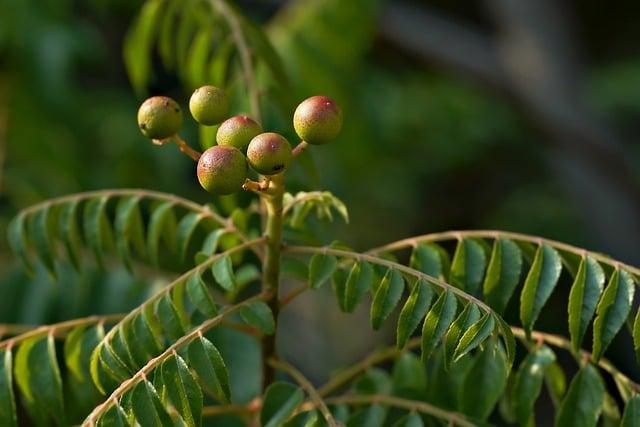In the bustling world of wellness, where ancient traditions meet modern science, herbal remedies stand as both revered allies and subjects of skepticism. From the soothing scent of lavender to the vibrant allure of turmeric, these natural potions have woven themselves into the fabric of human healing for centuries. But as we navigate the intricate dance between belief and evidence, a question arises: Are these botanical wonders truly effective, or do they simply play the part of a placebo in our quest for health? This article delves into the heart of this debate, exploring the scientific scrutiny and cultural significance that surround herbal remedies in today’s world.
Understanding Herbal Remedies: Tradition Meets Science
The intersection of tradition and modern science in herbal remedies presents a fascinating exploration. On one hand, traditional medicine has relied on herbs for centuries, drawing from rich cultural knowledge. On the other, scientific research is increasingly examining these remedies for their efficacy and safety. While some herbs like turmeric and ginger have shown promise in studies, acting as anti-inflammatories or antioxidants, others lack comprehensive scientific validation.
- Evidence-Based Herbs: Some herbs have been backed by research, such as St. John’s Wort for mild depression.
- Placebo Effect: In certain cases, the perceived benefits might be due to placebo, highlighting the need for rigorous testing.
- Safety Concerns: Not all herbs are safe; some can interact with medications or cause side effects.
While the bridge between ancient wisdom and scientific scrutiny continues to evolve, it is crucial to approach herbal remedies with an informed perspective, recognizing both their potential and limitations.

Evaluating Evidence: What Research Says About Efficacy
When delving into the realm of herbal remedies, it’s crucial to scrutinize the evidence supporting their efficacy. Scientific research offers a mixed bag of findings, often influenced by variables such as study design, sample size, and the specific herb being examined. While some studies suggest that certain herbal treatments, like St. John’s Wort for mild depression or ginger for nausea, show promise, others highlight the lack of consistent results or the potential for placebo effects.
- St. John’s Wort: Some meta-analyses indicate effectiveness in treating mild depression, comparable to standard antidepressants.
- Ginger: Frequently cited for its ability to alleviate nausea, particularly in pregnancy and chemotherapy, with some supporting clinical trials.
- Echinacea: Often touted for immune support, yet studies yield conflicting results on its ability to prevent or shorten colds.
Critics argue that the variability in potency, preparation methods, and dosage complicates the establishment of a clear scientific consensus. Furthermore, the placebo effect—wherein patients experience perceived improvements despite the absence of active treatment—remains a potent factor, casting shadows on the definitive efficacy of many herbal remedies.

Placebo Effect or Genuine Relief: Decoding the Outcomes
When it comes to herbal remedies, the debate often centers on whether their effects are genuinely therapeutic or simply a result of the placebo effect. The placebo effect, a fascinating psychological phenomenon, occurs when patients experience real improvements in their health after receiving a treatment with no therapeutic value. This raises the question: are the benefits of herbal remedies rooted in their intrinsic properties or in our belief in their efficacy?
Factors Influencing Outcomes:
- Biological Activity: Many herbs contain compounds that have been scientifically studied for their potential health benefits. For instance, ginger is known for its anti-inflammatory properties.
- User Expectation: The expectation of relief can significantly influence the perception of effectiveness, enhancing the placebo effect.
- Traditional Use: Historical and cultural usage of herbs often supports their efficacy, but scientific validation can vary.
- Quality and Dosage: Variability in the preparation and concentration of herbal remedies can lead to inconsistent results.

Guidelines for Safe Use: Making Informed Choices
When considering herbal remedies, it’s crucial to make informed choices to ensure safety and effectiveness. Here are some guidelines to help navigate this path:
- Research Thoroughly: Investigate the specific herb you are interested in. Look for scientific studies and clinical trials that evaluate its efficacy and safety.
- Consult Professionals: Speak with healthcare providers or a certified herbalist to understand potential interactions with medications or existing health conditions.
- Quality Matters: Choose products from reputable brands that provide transparency about sourcing and processing. Look for certifications like Good Manufacturing Practices (GMP).
- Start Small: If trying a new remedy, begin with a lower dose to monitor any adverse reactions or side effects.
By adhering to these guidelines, you can make more informed decisions regarding herbal remedies, balancing tradition with scientific insight.





